Why You Should Never Say "It's Just A Theory"
Professor Dave Explains
7 min, 41 sec
Professor Dave explains the scientific method, its history, and its critical role in gaining knowledge about the universe.
Summary
- The scientific method originated with Aristotle and matured with Galileo and Newton, serving as the framework for all knowledge about the universe.
- Science, derived from the Latin word for knowledge, is the study of everything, with ongoing discoveries across various fields.
- The scientific method consists of observations, hypotheses, theories, and laws, each playing a specific role in understanding natural phenomena.
- A hypothesis is a tentative explanation, which through testing via experiments, may be refined into a comprehensive theory.
- Theories, such as Newton's gravitational theory, provide elegant explanations and can make predictive calculations, distinguishing them from laws, which are summaries of observations.
Chapter 1

Professor Dave introduces the scientific method and its relevance in understanding the natural world.
- The scientific method is essential for learning about various aspects of the natural world such as rocks, oceans, and celestial bodies.
- Understanding the scientific method is crucial to comprehend how we acquire knowledge about the universe.

Chapter 2
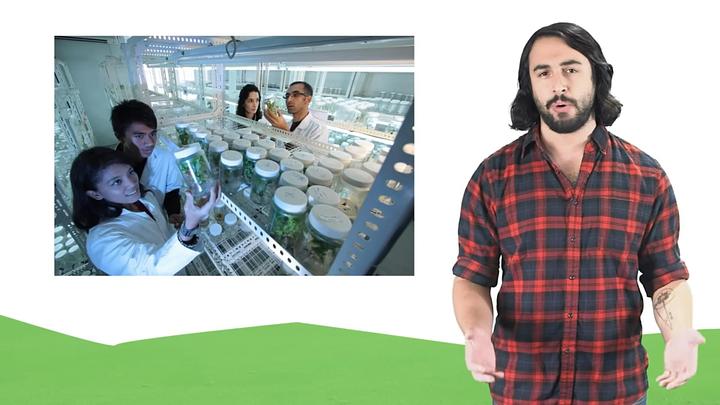
The scope of science is discussed, emphasizing its all-encompassing nature and continuous growth.
- Science is the study of all things and is not limited to what is currently known; it continuously expands our knowledge.
- Some people mistakenly believe that there are aspects of reality that science cannot explain, reflecting a misunderstanding of science.

Chapter 3
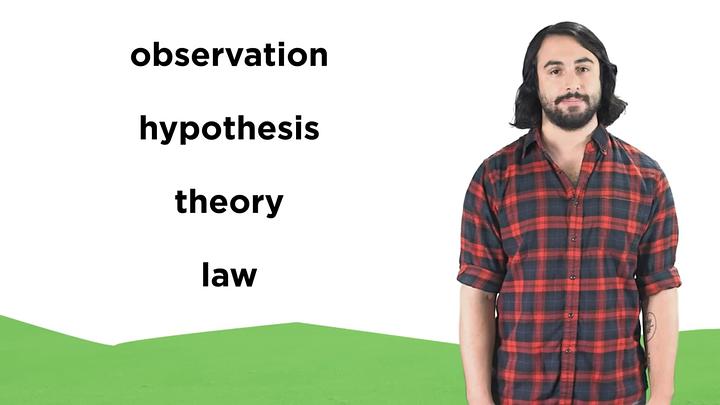
Clarification of scientific terms such as observation, hypothesis, theory, and law is provided.
- Key scientific terms are defined: observation is noting a natural phenomenon, a hypothesis tentatively explains observations, a theory correlates a larger body of data, and a law summarizes observations.
- Misconceptions about theories and laws are addressed, highlighting that theories have greater explanatory power than laws.

Chapter 4
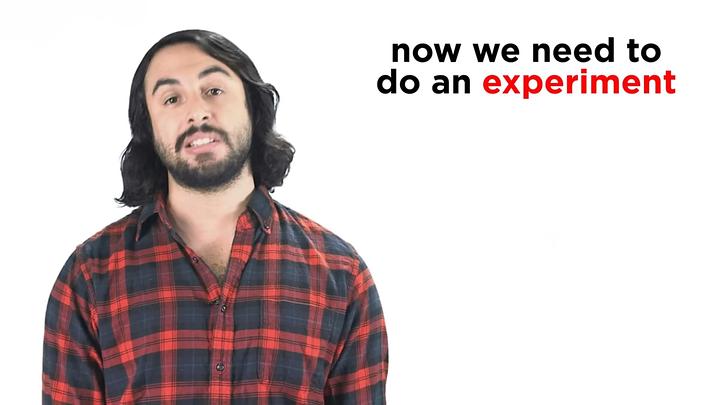
The process of testing a hypothesis through experimentation is explained.
- An experiment is designed to gather empirical evidence to support or refute a hypothesis by comparing data to predictions.
- The importance of controlling variables in an experiment is emphasized to ensure that the data collected is specific to the inquiry.

Chapter 5
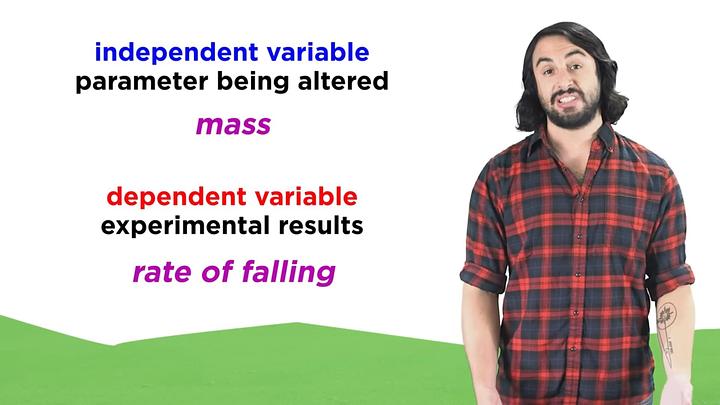
The transition from a hypothesis to a theory is discussed, citing Newton's gravitational theory as an example.
- A hypothesis can evolve into a theory if it becomes comprehensive enough to explain a wide range of phenomena with a few equations or postulates.
- Newton's gravitational theory unified data from both terrestrial gravity and celestial motions, demonstrating the power of a robust scientific theory.

Chapter 6
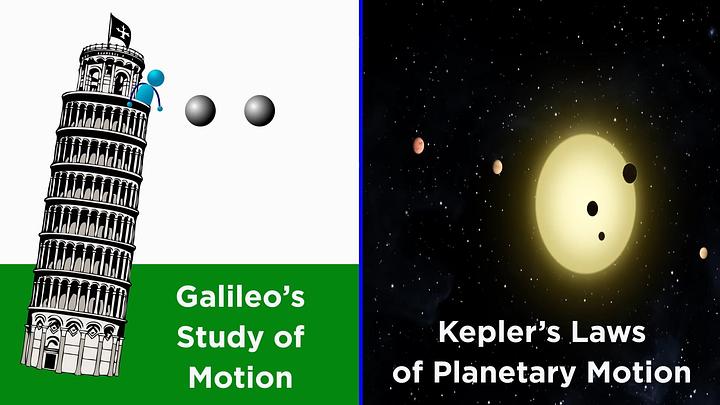
The value of scientific theories over laws is explored, stressing their predictive capabilities and explanatory power.
- Theories are more valuable than laws because they provide explanations for why phenomena occur and make falsifiable predictions.
- A theory's consistency and accuracy in predictions affirm its explanatory power regarding the universe's nature.

Chapter 7
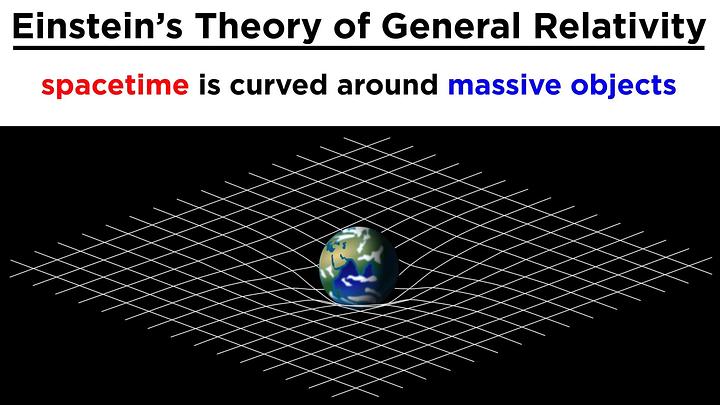
The application of the scientific method in real-world scenarios is illustrated, emphasizing its systematic and impartial approach.
- The scientific method involves observation, hypothesis formulation, data collection through experiments, and possibly the creation of laws or theories.
- Science's systematic and impartial methodology is superior to common sense and intuition for understanding the universe.
